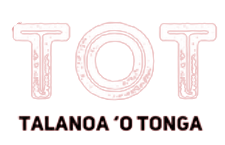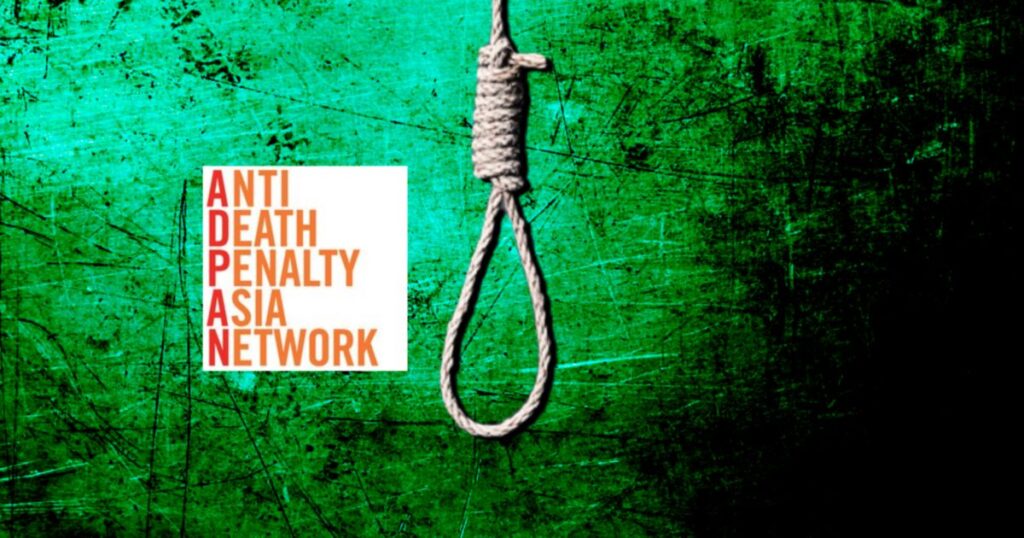Several international human rights organisations have expressed grave concern over recent discussions in Tonga’s Parliament suggesting the extension of the death penalty to drug-related offences.
“We are gravely concerned about the debate held in Tonga’s Parliament late last month, which suggests the country may be considering extending the death penalty to drug-related offences,” said a joint statement by Amnesty International, Anti-Death Penalty Asia Network (ADPAN), Capital Punishment Justice Project (CPJP), Australia, Harm Reduction International, Julian Wagner Memorial Fund (JWMF), Australia, Parliamentarians for Global Action (PGA), and World Coalition Against the Death Penalty (WCADP).
The debate, reported to have taken place on 28 May 2024 in Tonga’s Legislative Assembly, saw a strong rejection of the proposal by a margin of 38 to 8. Despite this outcome, the consideration of the death penalty for drug-related crimes has sparked significant concern among human rights advocates.
“Tonga is classified by Amnesty International as ‘abolitionist in practice’, having not imposed a death sentence or carried out an execution since 1982,” the statement noted.
Historically, the death penalty in Tonga has been reserved for crimes such as murder or treason and has been implemented through hanging.
The organisations highlighted that this recent debate marks the first public discussion hosted by Tonga’s parliament on capital punishment.
They pointed out that previous attempts to introduce the death penalty for drug offences in 2004 and 2021 had been successfully defeated.
Critics within Tonga have raised concerns that extending the death penalty to drug offences could disproportionately affect vulnerable populations. Ofa Guttenbeil-Likiliki, Director of the Tongan Women and Children’s Crisis Centre, emphasised concerns about the impact on people living in poverty and those lacking control over their circumstances.
Guttenbeil-Likiliki advocated for strategic national reforms addressing drug-related crimes rather than relying on punitive measures like the death penalty.
“We encourage the Government of Tonga to adopt evidence-based drug policies grounded in human rights and harm reduction principles,” she said.
The joint statement emphasised the global trend towards abolition of the death penalty, citing a record 125 countries voting for a moratorium on its use at the UN General Assembly in December 2022. They urged Tonga to consider joining this global movement and to adopt international human rights standards that prohibit the death penalty for drug-related offences.
“Rather than taking a regressive step towards expanding the death penalty,” the statement concluded, “we call on the Government of Tonga to seek alternative methods to combat drug-related crimes that respect human rights and to fully abolish this cruel punishment”.
The international organisations emphasised the importance of upholding human rights principles and international standards in addressing criminal justice issues, including drug-related offences, in Tonga and worldwide.
Source: PACNEWS




